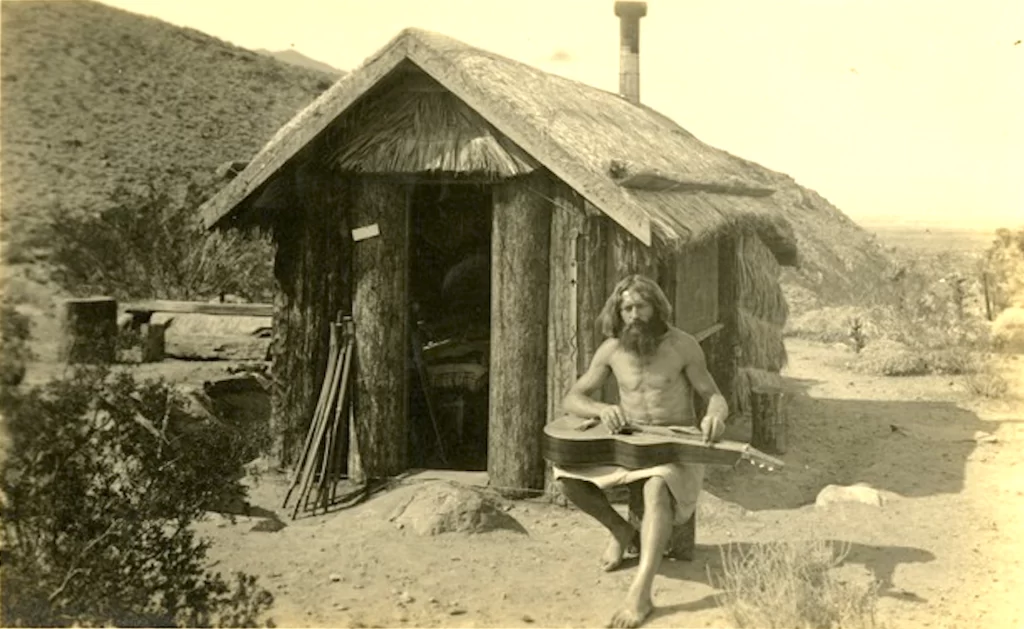In the 1940s, a small yet influential movement emerged in sunny California: the Nature Boys. Inspired by a return to nature, alternative lifestyles, and philosophical currents from East and West, they lived a way of life that can be seen as the precursor to the hippie movement. Who were these pioneers of mindfulness and self-sufficiency, and what impact did they have on society?
The Philosophy of the Nature Boys
The Nature Boys sought to live in harmony with nature. They rejected the growing industrialization and conformity of the post-war era, choosing instead a simple, nature-focused existence. Their philosophy was built on:
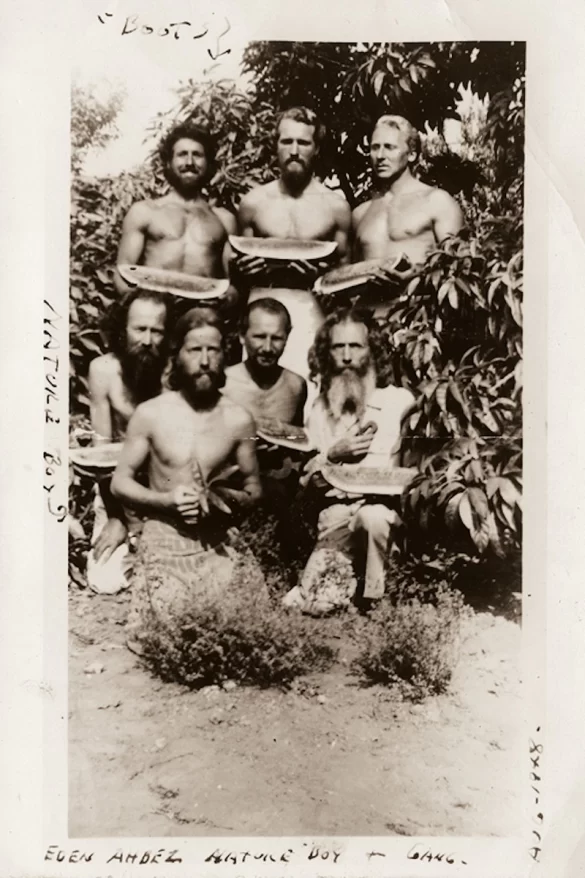
- A return to nature: They lived in the wilderness, followed a raw food diet, cultivated vegetables, and practiced mindfulness in their relationship with their surroundings.
- Holistic living: Influenced by Eastern philosophy, yoga, and the pursuit of a healthy mind and body, they aimed for a harmonious lifestyle
- Individual freedom: They emphasized self-realization and autonomy, often paired with a spiritual quest.
Their ideals closely mirrored those of the later hippie movement: individualism, anti-materialism, peace, and a return to a natural way of life.
The Protagonists and Their Influences
The Nature Boys were not a large, organized movement but rather a loose community of individuals who shared similar ideals. Some of the key figures included:
- Bill Pester: Often considered one of the first Nature Boys, he was a German immigrant inspired by the ideas of naturopath Adolf Just. Pester lived in a hut in Palm Canyon, sporting long hair and linen clothing—a look that later influenced the hippies.
- Gypsy Boots: A charismatic figure who popularized the movement. Boots was an advocate of raw food and fitness, later appearing on talk shows to share his philosophy.
- eden ahbez: A musician and composer best known for writing the song Nature Boy, made famous by Nat King Cole. Ahbez lived an ascetic life and became a poetic spokesperson for the movement.
“The greatest thing, you’ll ever learn, is just to love and be loved in return.”
Inspirations and Influences
The Nature Boys drew heavily from the European Lebensreform (life reform) movement of the early 20th century, which emphasized a return to nature, healthy eating, and alternative medicine. Other key influences included:
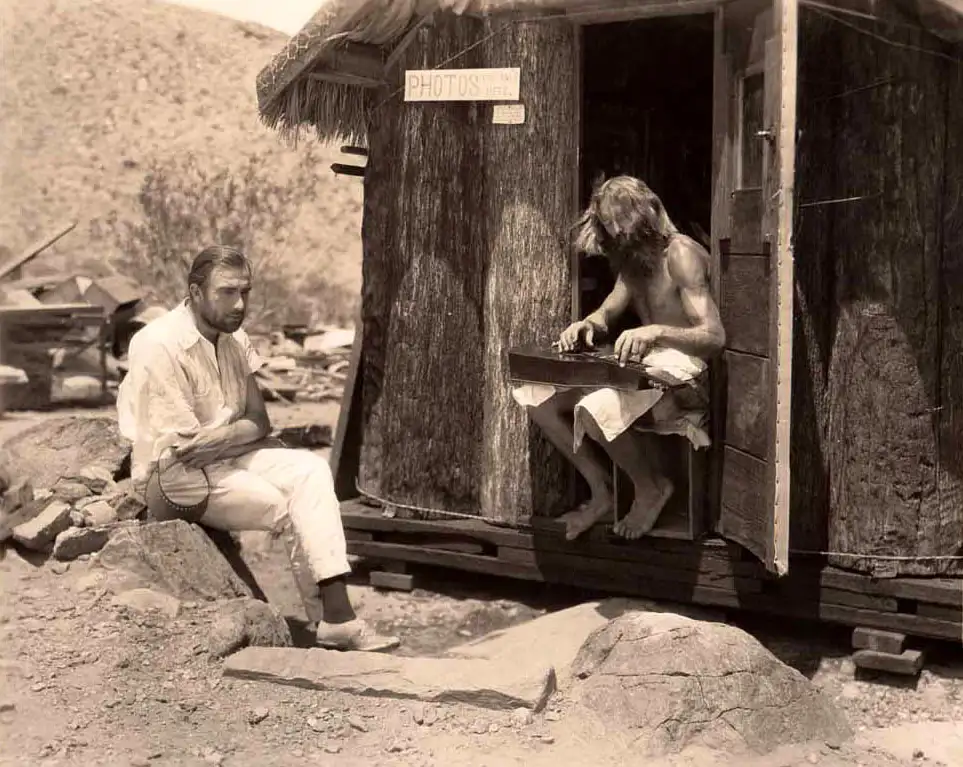
- Henry David Thoreau: His seminal work Walden was a foundational text for the Nature Boys, inspiring their vision of simple living in nature.
- Adolf Just und Arnold Ehret: European pioneers of naturopathy and raw food diets whose writings influenced Pester and others..
- Eastern philosophy: Yoga, meditation, and Taoist teachings were integral to the Nature Boys’ way of life.
Were There Similar Movements?
The Nature Boys were not unique. Simultaneously, other movements around the world embraced similar ideals:
- The Wandervogelbewegung in Germany, starting in the early 1900s, promoted a return to nature and hiking as a philosophy of life.
- Lebensreformer in Switzerland and Germany emphasized healthy eating, naturopathy, and nudism.
- Transcendentalists like Ralph Waldo Emerson in the U.S. provided a philosophical foundation for reconnecting with nature.
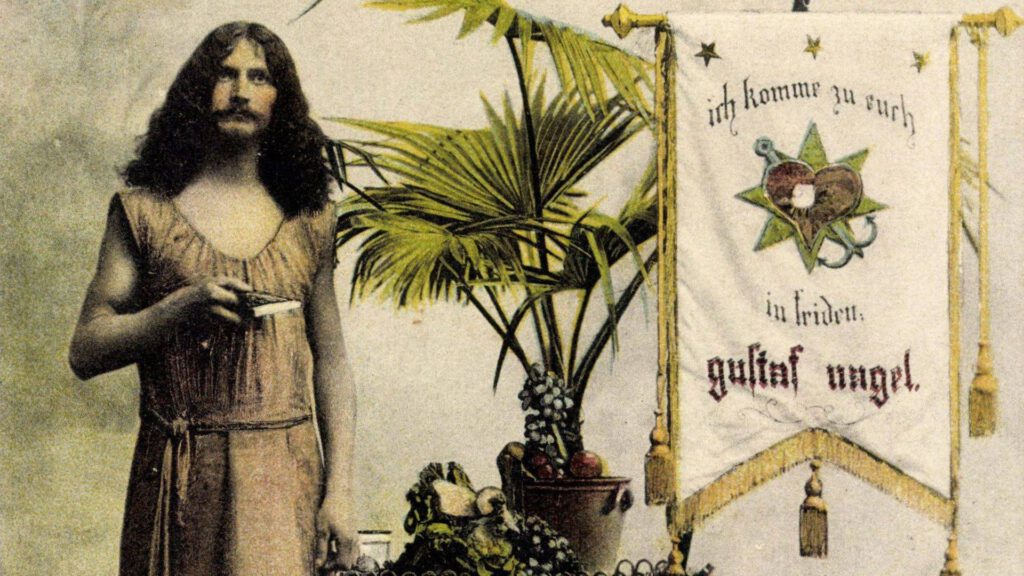
These movements shared many values with the Nature Boys and often influenced them directly or indirectly.
Were the Nature Boys the First Hippies?
The Nature Boys can be seen as a prototype for the hippie movement. Many of their ideals—rejection of materialism, spiritual exploration, natural living—were later adopted and popularized by the hippies. Their long-haired, alternative appearance influenced the aesthetics of the 1960s. The Nature Boys’ connection to music, particularly through eden ahbez, laid the groundwork for the hippies’ impact on popular culture.
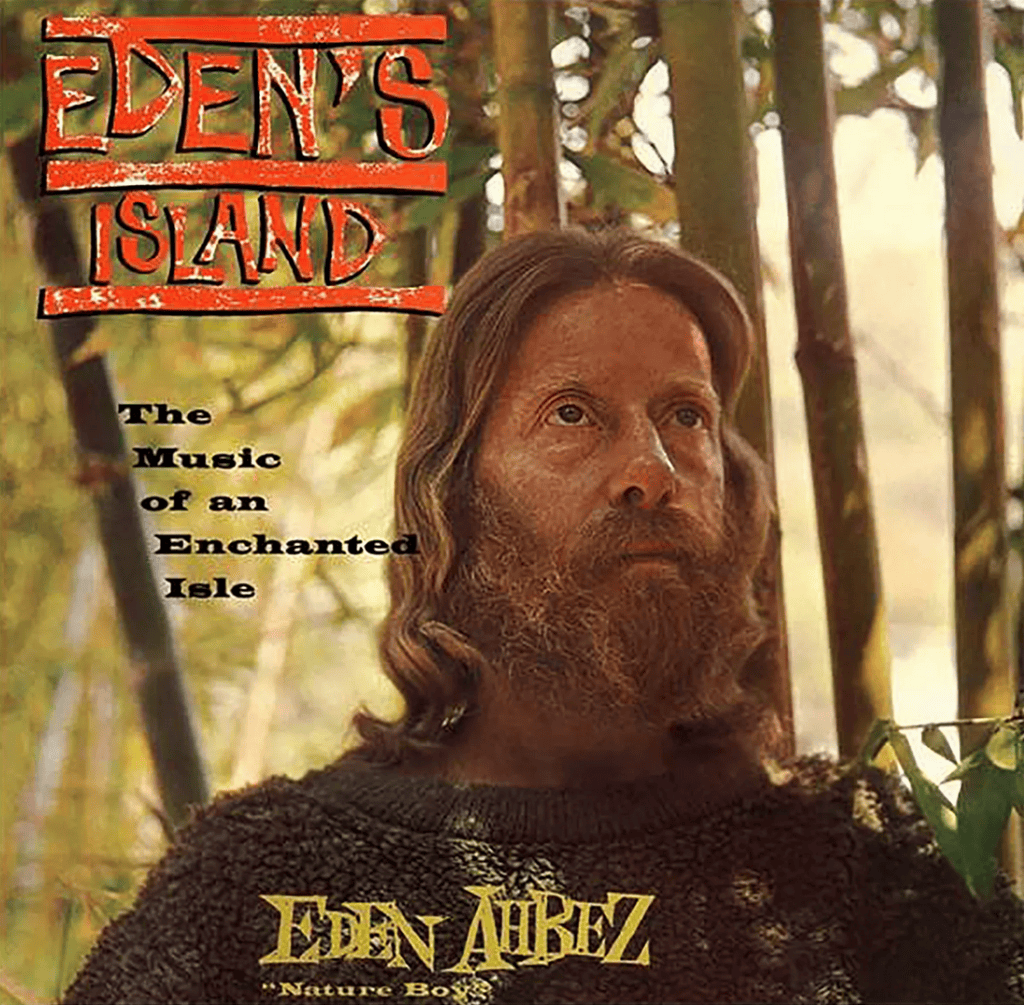
What Is the Legacy of the Nature Boys?
The Nature Boys as an organized movement no longer exist, but their legacy endures:
- Their philosophy influenced the hippies and shaped the modern environmental movement.
- Their focus on mindfulness, sustainability, and self-sufficiency is reflected in today’s trends, such as minimalism, the raw food movement, and interest in naturopathy.
- Their ideas continue to inspire alternative lifestyles and spiritual self-discovery.
The Nature Boys were ahead of their time. With their radical return to nature, mindfulness, and vision of freedom, they laid the foundation for many societal trends that are more relevant than ever today. In a world increasingly yearning for sustainability and meaning, their ideas offer an inspiring guide for living more consciously.




